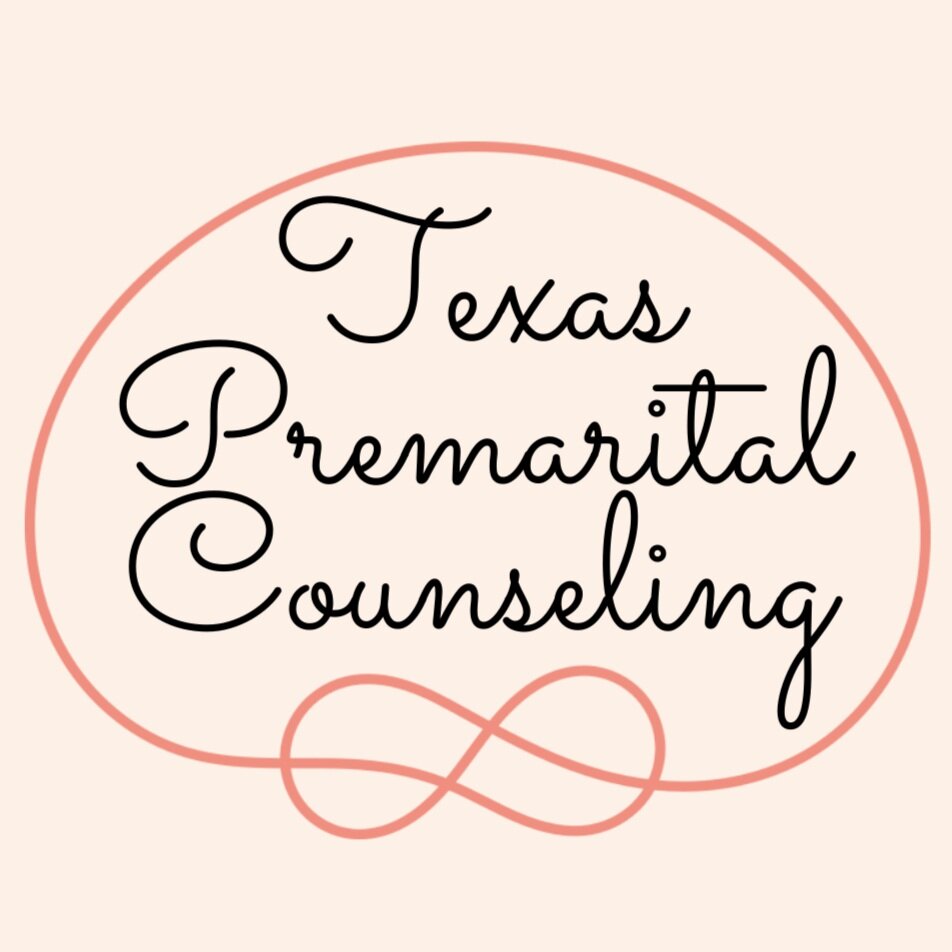7 Tips for Making the Most of Premarital Counseling
Premarital Counseling, like many other marriage-associated services, is an investment; and couples rightfully want premarital counseling to be helpful, effective, and “worth it”. Fortunately, it’s an investment that can pay lifelong dividends. Here are seven ways to ensure you are making the most of your time in premarital counseling:
Be honest- with your partner, with your therapist, and with yourself. Without honesty, it will be very challenging to accomplish almost anything during the counseling process. It’s natural to feel reserved at first, and it is of course okay to let your counselor know that you aren’t ready to talk about something. However, if there are things your therapist can do to support you in feeling comfortable, let them know. When you and your partner are honest, your therapist is able to be most helpful.
Ask questions- If you are feeling confused about anything your partner or counselor are communicating, ask for clarity. Learning how to effectively do this is actually a part of the counseling process. Curiosity is a great tool to spark growth, and “not knowing” is an opportunity for couples to support each other. Building awareness is an important and ongoing element of progress.
Bring your own agenda- Your premarital counselor may provide structure to your sessions, however, you and your partner are the experts of your own relationship, and your priorities for the counseling process are important. Your insights, uncertainties, and values are what make you and your relationship unique, and your therapist can best tailor sessions when you advocate for these.
Take ownership of your growth- Change, even when exciting, is challenging. Your counselor can not make changes for you, your partner, or your relationship. It is the counselor’s job to facilitate change and empower clients. Accountability both enables change, and puts you in the driver’s seat, allowing you to continuously develop competence while ensuring independence from your counselor.
Practice between sessions- Yes, a lot can happen in a one hour counseling appointment. However, there are 167 other hours in that week that can be just as important. Finding real-life opportunities to put the tools and techniques you are learning in counseling into practice is a major key to sustainable success as well as retention after the counseling process is complete.
Request resources- There are likely great books, articles, videos, and other resources that will help you understand more about the concepts you are working on in counseling. Also, your therapist can provide referrals to other support systems that may help you grow in complementary ways to your counseling goals.
Reflect- Take time to process after your sessions. Some clients find taking notes, journaling, or checking in with their partner to debrief about the session can be helpful ways to increase effectivity. Remember, growth is a lifelong journey and doesn’t have to stop when sessions end!
